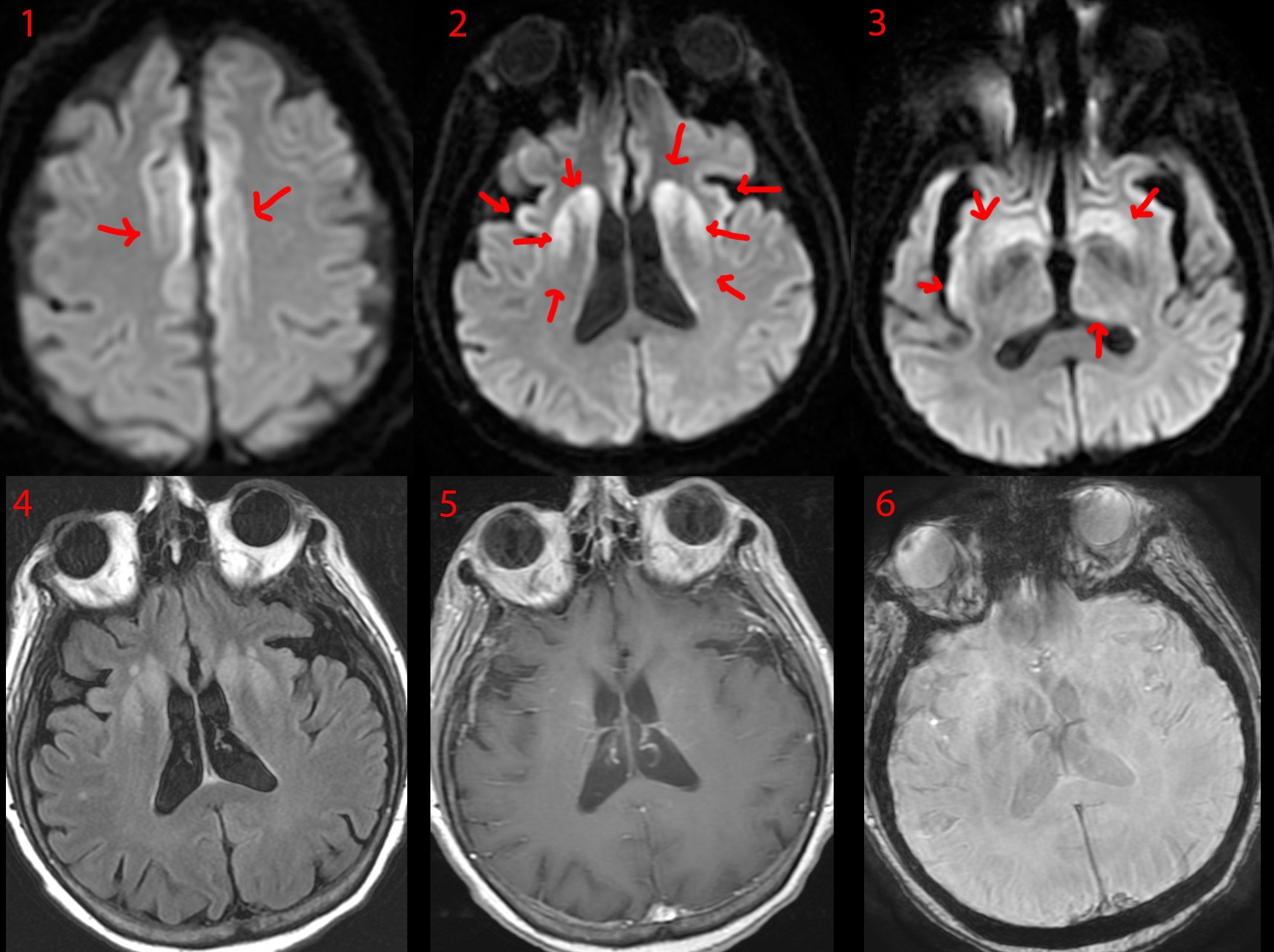Radiology
A community for all things related to medical imaging!
RULES:
-1. Please follow the Lemmy.World Server Rules.
-1A. Please be civil.
-1B. Please be respectful when discussing medical cases. While we do not wish to impose a somber tone upon this community, please remember that there are real patients behind the images.
-2. No patient-identifiable information. There is zero tolerance for breaching patient confidentiality laws. De-identified information is allowed under HIPAA, the US patient confidentiality law. Consent is not required when posting de-identified information.
-3. No requests for medical advice or second opinions. Please go to your physician/provider for assistance. Online strangers will never know your clinical history as well as your actual healthcare team, nor will the images posted here be of sufficient quality or completeness for diagnostic interpretation. Any content or discussions in this Community should be considered for educational purposes only, and their accuracy or quality with regards to standard of care cannot be guaranteed.
-4. No spam or advertising. Products or companies that are mentioned as a natural course of discussion are allowed.
-5. Please do not spread misinformation.
-6. Moderators have final say in their decisions. Please, no rules lawyering.
Posts:
Only moderators may post in this community pending Lemmy's implementation of a moderator-approval process. Until that happens, you may post general comments or questions in the stickied megathread. You may also request the moderators to post on your behalf via DM, pending time and availability.
view the rest of the comments

It's almost 90% sporadic/spontaneously happens (which means there's underlying genetic risk factors +/- environmental factors + random chance).
But once it happens, it's transmissible. There're case reports of people getting it because their organ transplants were infected, but that is super rare. Nevertheless, that is why the extreme cleaning requirements are in place, among other precautions.
Thanks. This is obviously not my field (I'm an engineer) but very interesting!
https://www.msdmanuals.com/en-nz/home/brain,-spinal-cord,-and-nerve-disorders/prion-diseases/overview-of-prion-diseases
https://www.msdmanuals.com/en-nz/professional/neurologic-disorders/prion-diseases/overview-of-prion-diseases